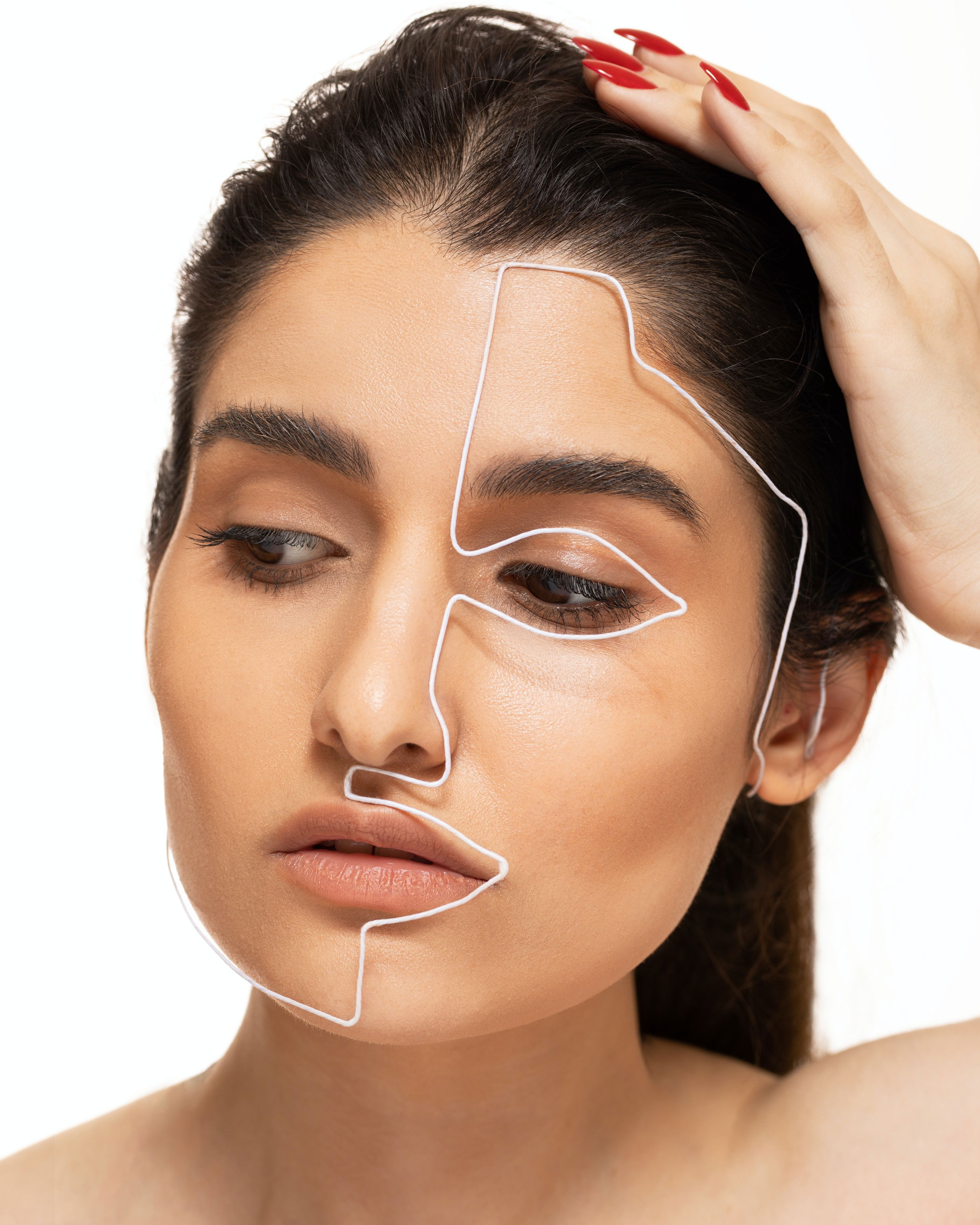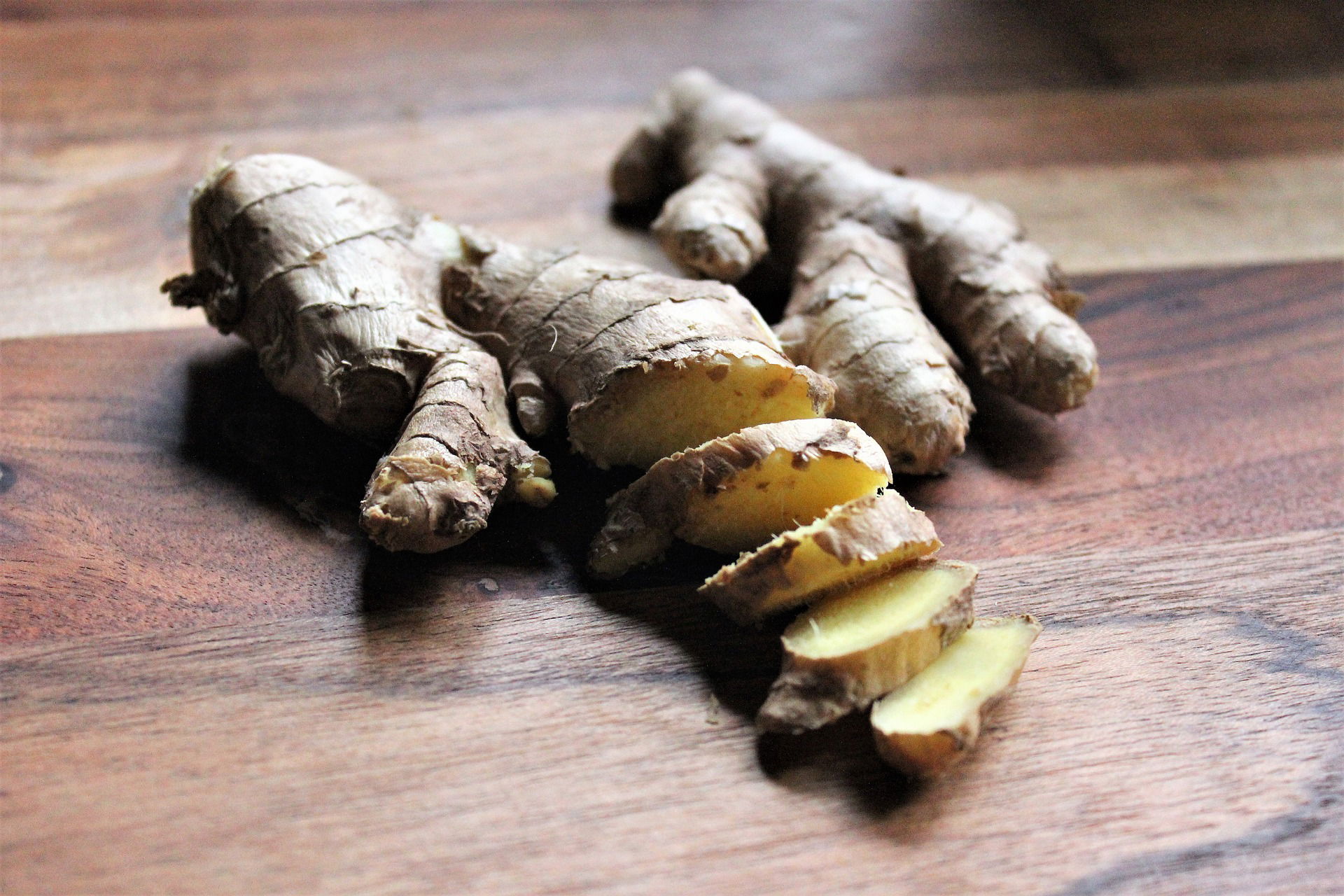Ginger's Antioxidant Properties and Its Impact on Skin Aging

Ginger is a versatile root that has been used in traditional medicine and cooking for centuries. But, did you know that fresh ginger can also work wonders for your skin health? Thanks to its potent antioxidant, anti-inflammatory, and cleansing properties, ginger can be a valuable addition to your skincare routine. In this article, we will explore the surprising ways in which fresh ginger can improve your skin, backed by scientific research and traditional wisdom. From reducing fine lines and wrinkles to fighting acne and blemishes, ginger offers a promising natural solution for achieving healthy, glowing skin.
Introduction to the Benefits of Fresh Ginger for Skin Health
Ginger is a common spice in the kitchen, known for its unique flavor and aroma. However, did you know that ginger is packed with powerful anti-inflammatory, antioxidant, and cleansing properties that can benefit your skin? Yes, you heard that right! Ginger has been used for centuries for its medicinal properties, and it is no wonder that it can provide a range of skin benefits too.
What Is Fresh Ginger and How Does It Help the Skin?
Fresh ginger is the root of the ginger plant, known scientifically as Zingiber officinale. It contains gingerol, a potent compound that gives ginger its unique aroma and flavor. Gingerol is also responsible for many of ginger's medicinal properties, including its ability to promote skin health. When applied topically, ginger can improve blood circulation, reduce inflammation, and fight free radicals that damage the skin. All these factors can help improve the overall appearance and health of your skin.

Ginger's Antioxidant Properties and Its Impact on Skin Aging
The Role of Antioxidants in Skin Health
Antioxidants are compounds that protect the skin from damage caused by free radicals. Free radicals are unstable molecules produced by the body as a result of exposure to UV radiation, pollution, and other environmental factors. Over time, free radicals can damage the skin, leading to premature aging, wrinkles, and other signs of skin damage. Antioxidants neutralize these free radicals, preventing them from causing further damage to the skin.
Ginger's Antioxidant Profile and Its Effects on Skin Aging
Ginger is rich in antioxidants, making it an excellent natural ingredient to promote skin health. It contains compounds such as gingerol, shogaol, and zingerone, which have been shown to provide powerful anti-aging benefits. Ginger's antioxidant profile can help protect the skin from damage caused by free radicals, reducing the appearance of fine lines, wrinkles, and age spots.
Studies on Ginger and Its Anti-Aging Benefits
Several studies have investigated the anti-aging benefits of ginger. One study found that ginger extract applied topically to the skin reduced the formation of wrinkles and improved skin elasticity in middle-aged women. Another study showed that ginger can protect the skin from UV radiation, reducing the appearance of photoaging. These studies suggest that ginger may be an effective natural remedy to promote skin health and fight signs of aging.

Ginger's Anti-Inflammatory Properties and Its Effect on Acne and Rosacea
The Connection Between Inflammation and Skin Health
Inflammation is a natural response of the body to injury, infection, or irritation. However, chronic inflammation can lead to various skin problems, including acne and rosacea. Inflammation can cause redness, swelling, and pain, making these skin conditions difficult to manage.
Ginger's Anti-Inflammatory Profile and Its Effects on Acne and Rosacea
Ginger has powerful anti-inflammatory properties that can help reduce redness, swelling, and irritation caused by acne and rosacea. Its anti-inflammatory properties are due to gingerol, which can inhibit the production of inflammatory substances in the body. Applying ginger topically to the skin can soothe inflamed skin, reducing the appearance of breakouts.
Evidence-Based Research on Ginger's Impact on Acne and Rosacea
Several studies have shown that ginger can be an effective natural remedy to treat acne and rosacea. One study found that ginger extract can effectively reduce inflammatory acne lesions. Another study showed that applying ginger extract to the skin can help reduce redness and inflammation associated with rosacea. These studies suggest that ginger can be a valuable natural remedy to manage acne and rosacea symptoms.

Ginger's Natural Cleansing Power and How It Can Help with Skin Blemishes
How Ginger Acts as a Natural Cleanser for the Skin
Ginger has natural cleansing properties that can help remove impurities and toxins from the skin. It contains gingerol, which can improve blood circulation and promote detoxification. Ginger can also help unclog pores, reducing the risk of developing skin blemishes.
Ginger's Ability to Reduce Skin Blemishes and Discoloration
Applying ginger topically to the skin can help reduce skin blemishes and discoloration. Its cleansing properties can help remove dead skin cells and unclog pores, preventing the formation of blackheads and whiteheads. Ginger's anti-inflammatory properties can also soothe irritated skin, reducing redness and acne scars.
Home Remedies and Recipes for Using Ginger for Skin Cleansing
There are various ways to use ginger for skin cleansing. One option is to make a ginger face mask by mixing fresh ginger juice with honey and applying it to the skin for 10-15 minutes before washing it off. Another option is to use ginger oil in a face massage to improve blood circulation and promote detoxification. Including ginger in your diet can also provide skin benefits, as it can help improve overall health and wellness.

Ginger's Ability to Improve Skin Elasticity and Reduce Fine Lines and Wrinkles
The Role of Collagen in Skin Elasticity
Collagen is a protein that is essential for maintaining the elasticity and firmness of your skin. As we age, collagen production declines, leading to the development of fine lines and wrinkles.
Ginger's Impact on Collagen Production and Skin Elasticity
Research has shown that ginger contains compounds that can stimulate collagen production, helping to improve skin elasticity. Furthermore, ginger has anti-inflammatory properties that can help reduce redness and swelling, leading to a more youthful appearance.
Studies on Ginger's Effectiveness in Reducing Fine Lines and Wrinkles
Studies have found that ginger extract can significantly reduce the appearance of fine lines and wrinkles in the skin. One study published in the journal Phytotherapy Research found that a topical ginger extract applied twice daily for 12 weeks significantly reduced the appearance of fine lines around the eyes.

Incorporating Ginger into Your Skincare Routine: DIY Recipes and Products to Try
How to Incorporate Fresh Ginger into Your Daily Skincare Regime
You can easily incorporate fresh ginger into your daily skincare routine by making a ginger-infused toner or face mist. Simply grate a small amount of fresh ginger and mix it with water in a spray bottle. Apply to your face after cleansing to help soothe and refresh your skin.
DIY Recipes for Making Your Own Ginger-Based Skincare Products at Home
You can also make your own ginger-based skincare products at home. For example, you can make a ginger and honey face mask by mixing grated ginger with raw honey and applying it to your face for 10-15 minutes before rinsing off with warm water. This mask will help moisturize and brighten your skin.
Commercial Products and Brands that Use Ginger as an Active Ingredient
There are also many commercial skincare products that use ginger as an active ingredient, such as The Body Shop's Ginger Scalp Care Shampoo and Origins' Ginger Souffle Whipped Body Cream. Look for products that contain ginger extract or ginger oil for the most effective results.

Precautions and Considerations When Using Ginger for Skin Care
Possible Side Effects and Risks of Using Ginger on the Skin
While ginger is generally considered safe for most people, it can cause skin irritation or allergic reactions in some individuals. It's important to do a patch test on a small area of skin before using ginger on your face or body.
How to Minimize Side Effects and Maximize Benefits
To minimize the risk of side effects and maximize the benefits of ginger for your skin, use it in moderation and always dilute it with water or other carrier oils. It's also important to consult with your healthcare provider before using ginger if you have any underlying medical conditions.
Conclusion: Ginger's Promising Potential for Achieving Healthy, Glowing Skin
In conclusion, ginger has many promising benefits for achieving healthy, glowing skin. From improving skin elasticity and reducing fine lines and wrinkles to soothing and refreshing the skin, ginger can be a great addition to your skincare routine. Just remember to always use caution and consult with your healthcare provider before using ginger on your skin.
Incorporating fresh ginger into your skincare routine can be a simple and effective way to improve the health of your skin. From its antioxidant and anti-inflammatory properties to its ability to improve skin elasticity and reduce blemishes, ginger offers a wide range of benefits for your skin health. Whether you choose to use it in DIY recipes or commercial products, make sure to follow precautions and consider potential side effects. With the right approach, fresh ginger can help you achieve healthy and radiant skin that you'll love to show off.

Frequently Asked Questions:
Can fresh ginger be used on all skin types?
While fresh ginger is generally safe for most skin types, people with sensitive skin may experience irritation or allergic reactions. It's a good idea to patch test first and start with a small amount of ginger to see how your skin reacts.
How often should I use ginger on my skin?
The frequency of use depends on the form and concentration of the ginger product you are using. It's generally recommended to use ginger-based products 1-2 times a week to avoid over-exfoliating or drying out the skin. However, if you're using a milder form of ginger, such as fresh ginger juice, you may be able to use it daily.
Can I use ginger for spot treatment of acne?
Yes, ginger's anti-inflammatory and antibacterial properties make it a great natural remedy for acne spot treatment. You can apply fresh ginger juice directly on the affected area or use a DIY ginger mask for a more deep-cleansing effect.
Can I use ginger on my hair?
Yes, ginger can also be beneficial for hair health and growth. Ginger contains compounds that stimulate blood circulation and promote hair growth. You can use fresh ginger juice as a hair mask or look for ginger-infused hair products.
